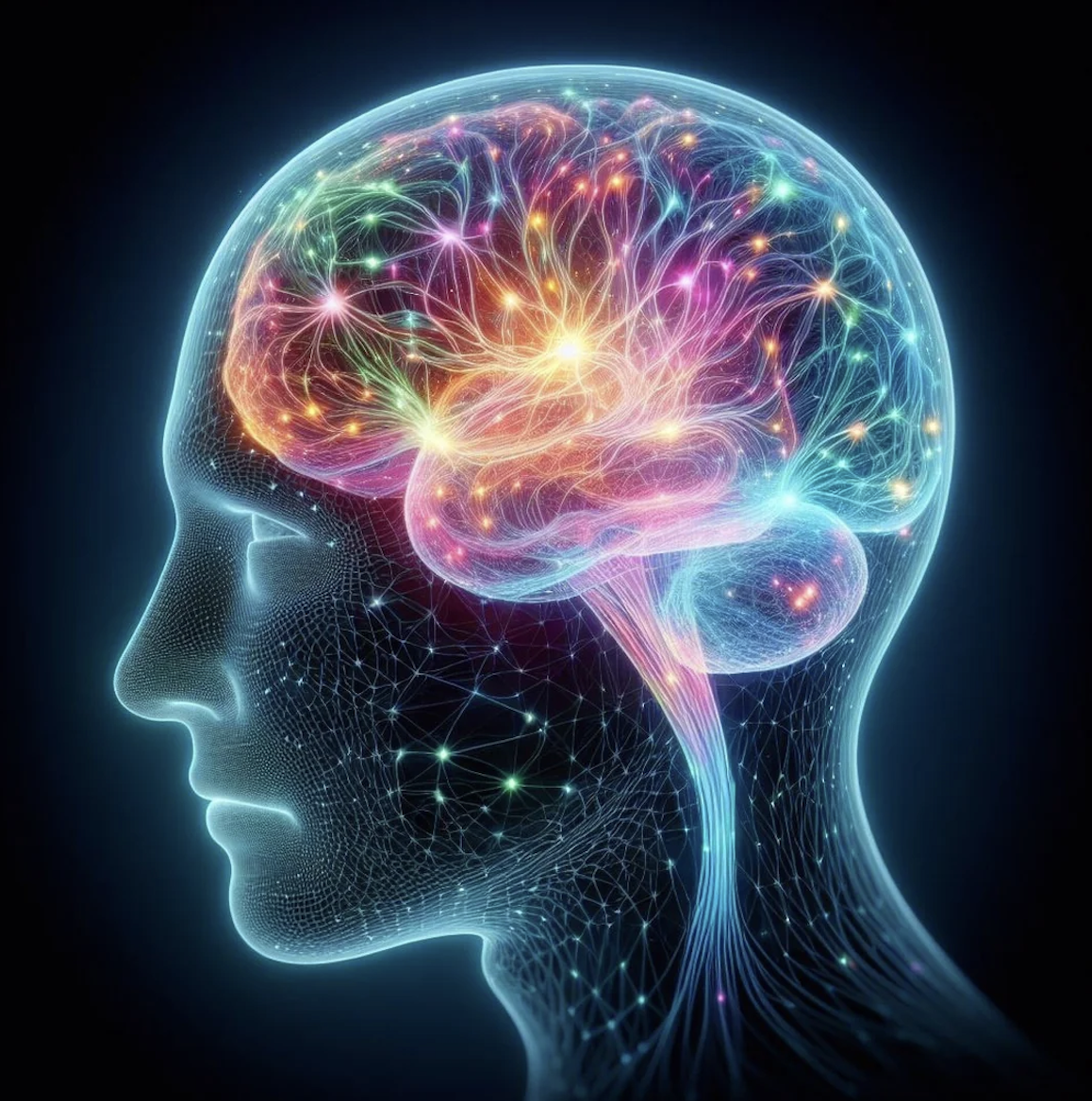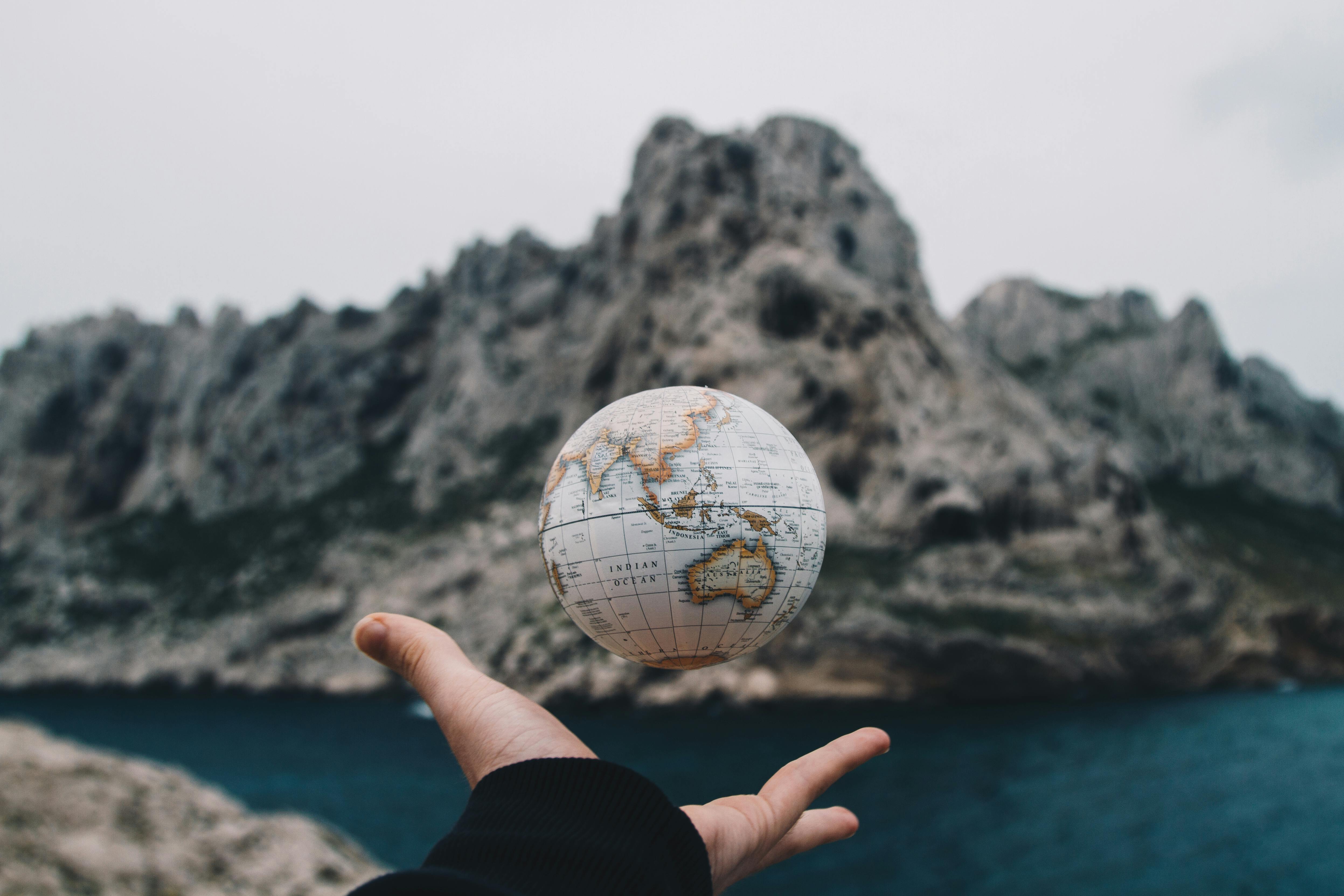Cognitive biases hinder sustainable tourism
Traveling often goes hand in hand with dreams and discovery... but our brains play tricks on us. Even when we want to be responsible, we waste water, leave the air conditioning on, or choose a traditional hotel. Cognitive biases take over, and our good intentions evaporate in an instant.






